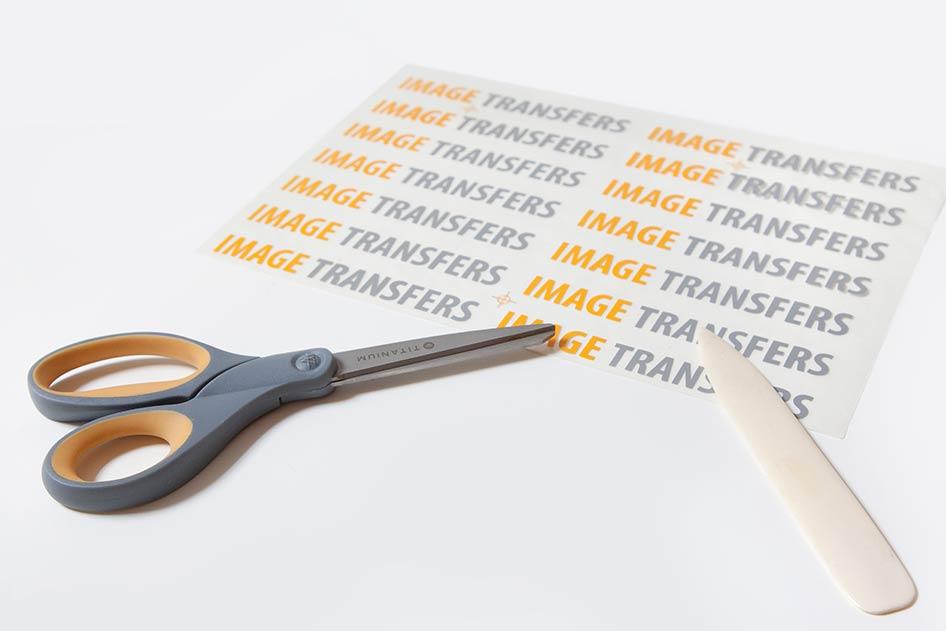Collectors appreciate the precision and will pay for extremely high-end instruments. It's why custom instrument makers use dry transfer decals for lettering and logos. It's the same process used for product prototypes, gallery labels on walls, and fine electronics. You can design anything you need, even in tiny sizes, and receive back exactly what you specified. Rubbing the decals on is a one-step process requiring no adhesive or water, which protects the fine wood surfaces of custom instruments. Guitars are among the more popular custom pieces requiring dry transfers. They make letters look painted on.
If you're an instrument maker and have tried various methods, you owe it to yourself to try rub-down transfers. You may be amazed the first time. They really do rub on in seconds, and nothing else is required. It's a vast improvement over water-slide decals, which have visible carrier media and involve water on the surface of a precious custom instrument. Perfectionists will be heartened by the assurance that what you design and specify is what you receive back. The decals are made directly from the digital files you supply. If you're turning around a piece for a demanding collector on a deadline, it's foolproof.
The versatility of rub-on decals keeps them popular for custom applications. They work as well for product prototypes as they do for custom musical instruments. The significant advantage is their perfect appearance. The painted-on look of manufactured products is the only method that achieves a similar quality. When you're selling a piece for a higher price to a collector, they expect precision, and the decals will produce the needed effect. Once you've used them and enjoyed the easy application, returning to any other method will be tough. It explains the enduring popularity of custom dry transfers.
The rare and custom musical instrument markets continue to be active, and restorations are also a growing part of the business. There's every reason to use transfer decals to replicate original details that are damaged or need replacement. Restoration professionals, hobbyists, and industrial designers use custom dry transfers for many applications. They're versatile and work on any clean, smooth surface. You'll appreciate the one-step application and be impressed by its precise appearance. It is ideal for high-end custom musical instruments wherever you need lettering or details.
